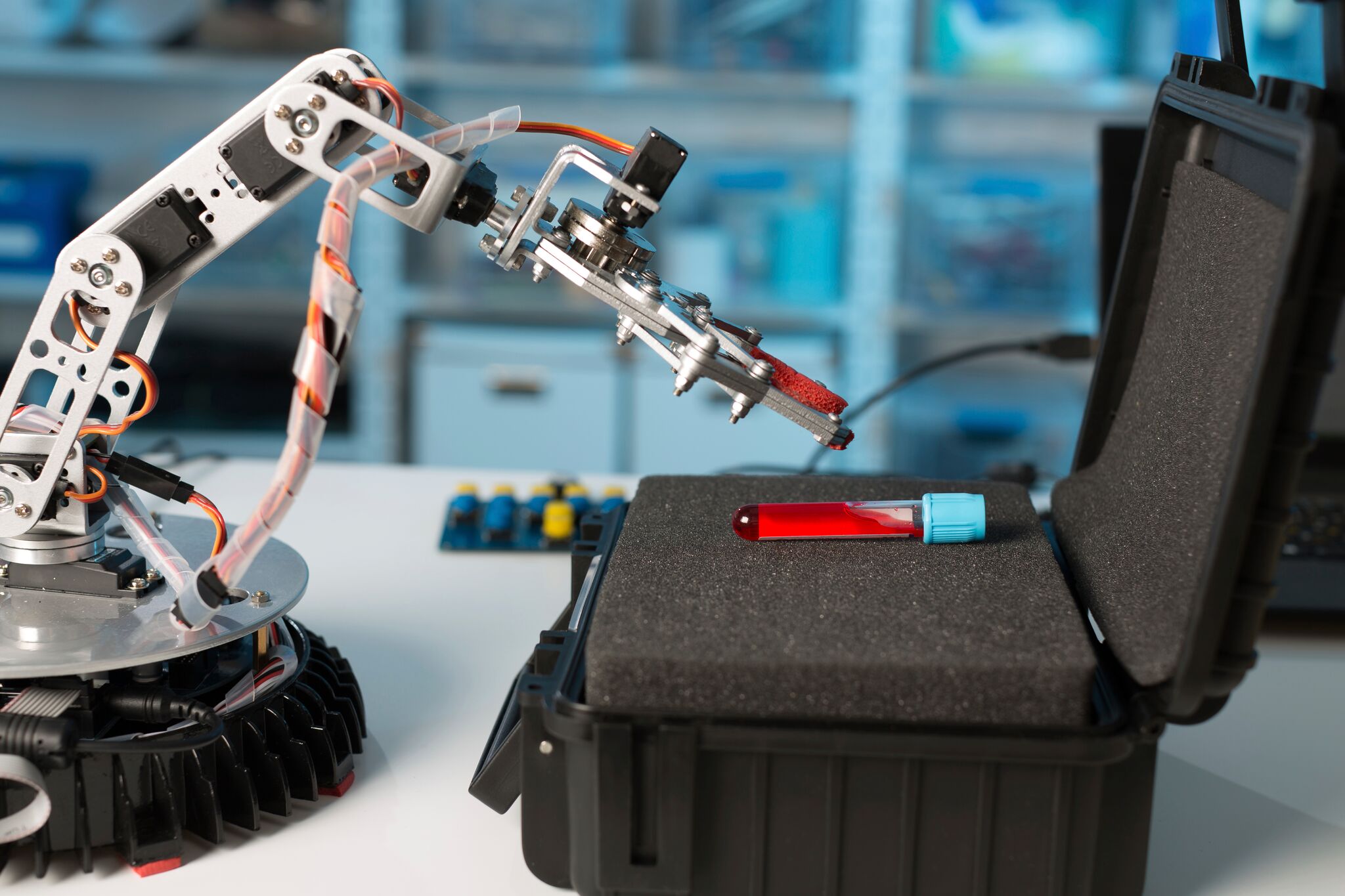
In a first for AI, a partnership between British start-up Exscientia and Japanese pharmaceutical firm Sumitomo Dainippon Pharma will soon begin clinical tests for a drug based on a molecule essentially “invented” with the use of AI algorithms.
According to the BBC, the drug is being developed for use with patients struggling with obsessive-compulsive disorder, or OCD. Demonstrating the potential AI brings to drug research,
the AI-developed compound will be starting clinical trials in just under a year from the inception of the project. By contrast, typical drug development can take up to five years.
The drug was developed by using an AI platform that utilized a range of algorithms to generate millions of potential molecule combinations. The AI then filtered through the generated molecules to narrow the field down to the prospect most suitable to be synthesized and tested.
"There are billions of decisions needed to find the right molecules and it is a huge decision to precisely engineer a drug," said Exscienta chief executive Andrew Hopkins, a molecular biologist. "But the beauty of the algorithm is that they are agnostic, so can be applied to any disease.”
The clinical trial comes as investments in AI-driven drug development is is increasing due to AI’s assumed potential to make drug discovery quicker and cheaper than ever before.
Said Paul Workman, chief executive of The Institute of Cancer Research, who was not involved in the research: "I think AI has huge potential to enhance and accelerate drug discovery. I'm excited to see what I believe is the first example of a new drug now entering human clinical trials, that was created by scientists using AI in a major way to guide and speed up discovery."
Despite the potential for faster drug development, some stakeholders are wary of over-promising results.
For example, noted one observer, “While AI can assist in the discovery and development of drugs, there’s no guarantee that the drugs discovered by the AI will be of particular use. It could be that the drugs discovered are extremely similar to molecules that humans have already studied. When combined with the fact that effective utilization of a drug depends on scientists understanding the nature of the illness they are trying to treat, AI drug development strategies may not transform the landscape of medicine as radically as some people hope.”
As FDA spokesperson Jeremy Khan explained, “The full role of AI in drug development is still being elucidated, and stakeholders understand AI in different ways considering the spectrum of tools and techniques covered under this umbrella term. Importantly, the evidentiary standards needed to support drug approvals remain the same regardless of the technological advances involved.”


